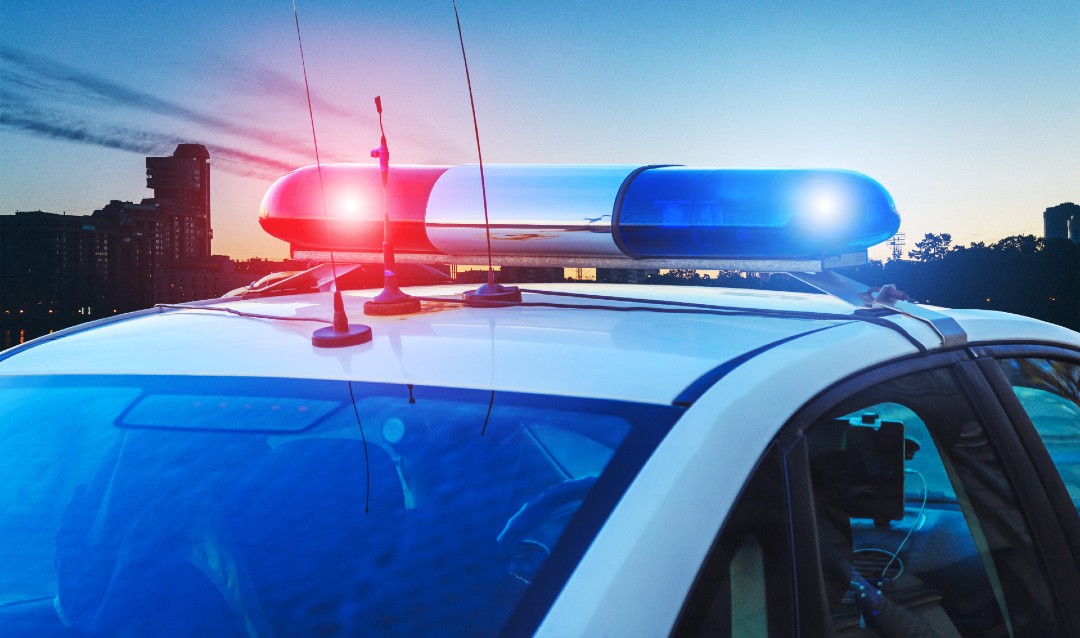There is plenty of data showing that police brutality leads to mistrust of police and law enforcement. Researchers from Lehigh University and the University of Minnesota set out to see if experience with police brutality might cause mistrust in medical institutions.
Through an analysis of data gleaned from a survey of 4,000 people living in urban areas about their experiences with police brutality, they found that there is a relationship between police brutality and mistrust in medical institutions.
The study results were published online in the Journal of Racial and Ethnic Health Disparities in an article called: “Police Brutality and Mistrust in Medical Institutions.”(Authors: Sirry Alang and Donna D. McAlpine, Lehigh University and Rachel Hardeman, University of Minnesota.)
The authors conclude that experiences with one institution, the police, do shape relationships with other institutions―in this case, the medical system.
“We found that when people have a negative encounter with the police, such as the police cursing at them or shoving them, that they are less likely to think medical institutions have their best interests,” says the study’s lead author, Sirry Alang, an assistant professor in the Department of Sociology and Anthropology, as well as in Health, Medicine and Society at Lehigh University.
How respondents perceived their encounters with the police also matters, adds Alang.
“For example, if I think that it was simply unnecessary for the police to use an electroshock weapon on me, I am more likely to mistrust medical institutions than if I thought that the police needed to use a taser on me,” she says.
The study showed that people from all racial minority groups had higher levels of medical mistrust compared to Whites. This was true among those who had no negative police encounters, those who had negative but what they perceived as necessary police encounters, and those who had negative and what they viewed as unnecessary police encounters.
Mistrust increased significantly among Native Americans who had what they viewed as unnecessary negative encounters with police compared to Native Americans who reported they had necessary encounters. The difference in mistrust between these two categories of respondents was greater among Native Americans than any other racial group.
“It didn’t matter whether the respondents thought the police were justified in their negative actions towards them,” says Alang. “It still increased the chances of mistrust toward medical institutions compared to not having any negative encounter with the police. However, if a respondent thought police actions were unfair, medical mistrust increased significantly.”





